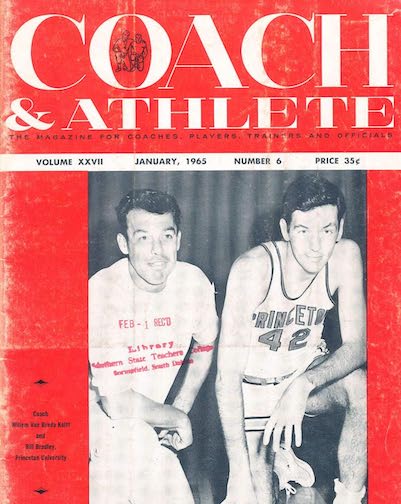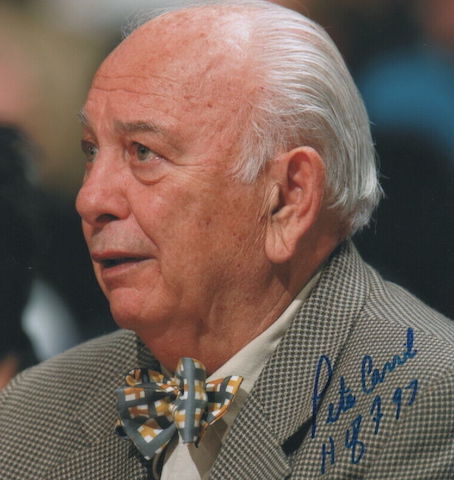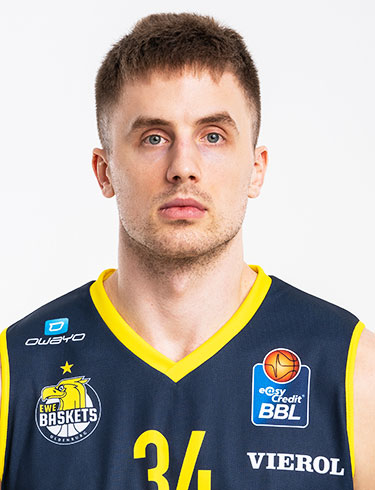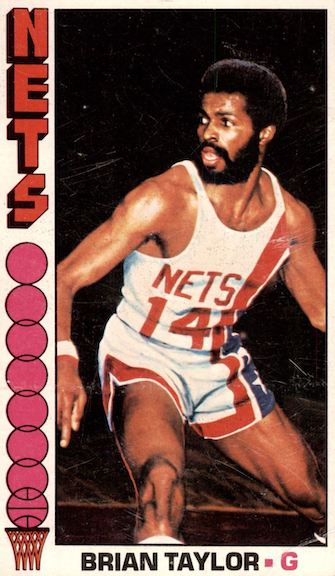Princeton’s basketball history dates back to the turn of the 20th century, when the school first began playing other colleges. The Tigers’ first nationally known player was Oliver de Gray “Shave“ Vanderbilt, who was recognized among the first group of basketball All-Americans, in 1904–05. The top player during the school’s early years was Cyril Haas, who was equally good at guard or forward. He was one of the country’s first Jewish sports stars, earning All-America recognition in 1916.
During the 1920s, the Tigers were led by the Loeb brothers, Arthur and Carl. Princeton won a pair of Eastern Intercollegiate Conference titles during the decade, and another in 1932, with the latter two coming under coach Al Wittmer.

The Tigers made their first NCAA Tournament appearance in 1951–52, under coach Cappy Cappon. In 1962–63, Butch Van Breda Kolff became the head coach. He inherited sophomore Bill Bradley, a hot-shooting forward from Missouri, who had turned down a scholarship from Duke to attend Princeton, with his family paying the way. Bradley chose #42 to honor his childhood hero, football star Dick Kazmaier, who won the Heisman Trophy with Princeton in 1951.

Bradley was a first-team All-American in each of his three varsity seasons, and was the only undergrad on the gold medal-winning 1964 Olympic team. In 1964–65, Bradley led the Tigers to the Final Four—demolishing heavily favored Providence in the regionals by 40 points. Ed Hummer and Gary Walters were the other team leaders.
The Tigers’ great run ended with a loss to Michigan in the national semifinal. In the national third-place game (which is no longer played), Bradley’s teammates decided to feed him the ball as often as they could, and he went on to score 58 points in his final collegiate game. Bradley won the Sullivan Award as America’s top amateur athlete and was named College Player of the Year.

With the departure of Bradley came natural expectations of a down period. However, Princeton hired Pete Carril as head coach and he led the Tigers to the Ivy League hoops title in 1967–68 and added a dozen more during his three decades on the sidelines. With the exception of guards Geoff Petrie and Brian Taylor in the early 1970s, Carril had a limited talent pool to work with. He installed an offense that maximized his players’ strengths and exposed the weaknesses of more talented opponents.
In the mid-1970s, the Tigers assembled another talented squad that featured Armond Hill, Barnes Hauptfuhrer, Frank Sowinski and later Bob Roma. They won the 1975 NIT Tournament and earned NCAA Tournament bids in 1976 and 1977. Coach Carril led the Tigers into the NCAA Tournament four more times in the 1980s, and another four times in the 1990s before leaving for the NBA in 1996–97. In 1982 and 1983, forward Craig Robinson—brother of future First Lady Michelle Obama—was named Ivy League Player of the Year.
The Princeton offense became known throughout college basketball as one of the great equalizers. The ball-controlling Tigers led the nation in defense 20 times, including every year during the 1990s. Their greatest moment came against Georgetown in the opening round of the 1989 NCAA Tournament. The #16 Tigers dismantled the juggernaut #1 Hoyas for 39 minutes, but Georgetown took a one-point lead with 20 seconds left. Kit Mueller missed a shot at the buzzer for the Tigers to come up short in a 50–49 defeat.

The stars of the 1990s squads included Mueller, Sean Johnson, Rick Hieschler, Sydney Johnson, Steve Goodrich and Chris Young. Bill Carmody, who succeeded Carril, coached until 2000 and won nearly 80 percent of his games. Sidney Johnson returned to Princeton as head coach, followed in 2011 by Mitch Henderson, who played for the Tigers in the 1990s.
In recent years, Princeton’s top players have included Kareem Maddox, Spencer Weisz and Ian Hummer (left). Hummer finished his collegiate career second to Bradley in scoring. His father (Ed) and uncle (John) had been stars for the Tigers, with John Hummer going on to play six seasons in the NBA.
PRINCETON ALL–AMERICANS
1905—Oliver de Gray Vanderbilt
1913—Hamilton Salmon
1916—Cyril Haas
1917—Cyril Haas

1922—Arthur Loeb
1923—Arthur Loeb
1926—Carl Loeb
1963—Bill Bradley
1964—Bill Bradley
1965—Bill Bradley
1972—Brian Taylor
1998—Steve Goodrich
2013—Ian Hummer